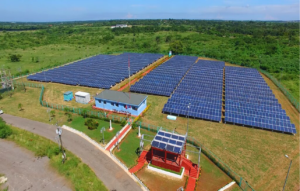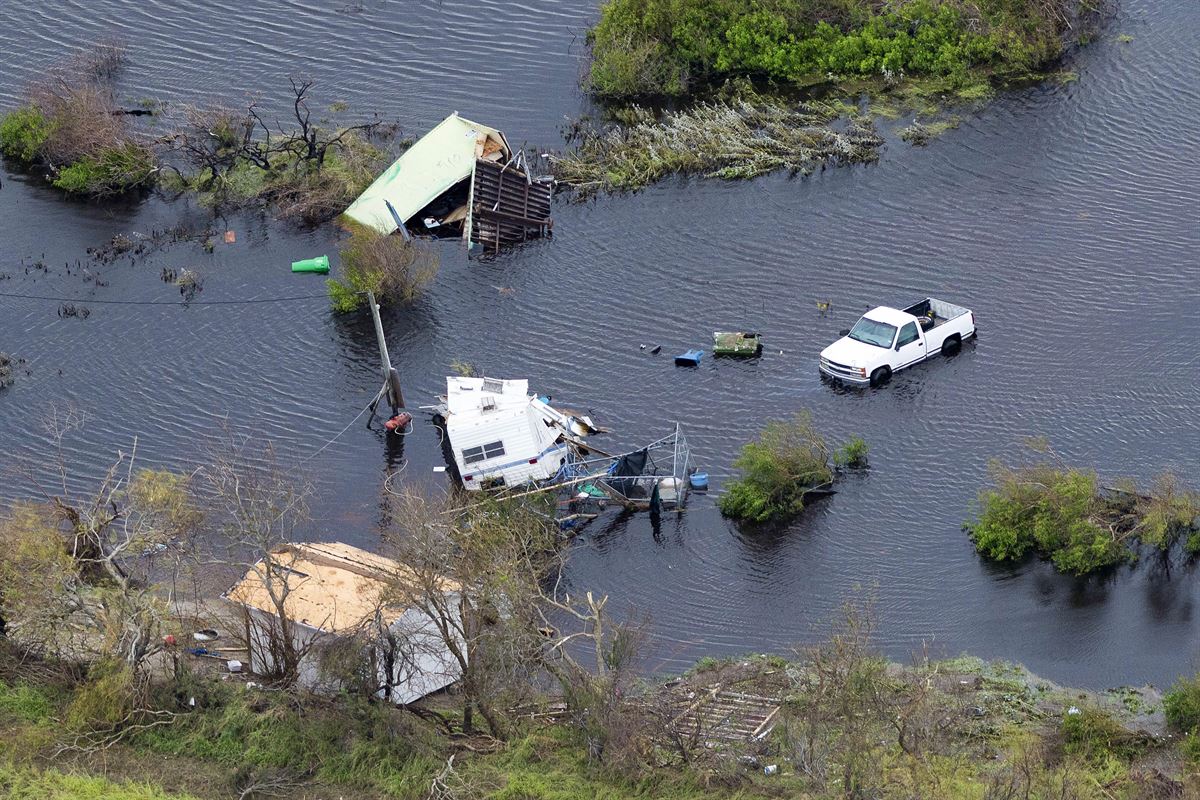
Today, the Sabin Center for Climate Change Law and Environmental Defense Fund (EDF) jointly published a new report titled Building a Cleaner, More Resilient Energy System in Cuba: Opportunities and Challenges.
The report provides detailed information on the current state of Cuba’s electricity sector and recommends reforms to advance the transition to a lower emission, reliable, and more climate resilient system. The recommendations include possible changes to Cuban domestic policies to, among other things, encourage greater public and private investment in the country’s energy transition. The report also explores how a bilateral dialogue between the U.S. and Cuban governments could help to drive renewable energy development in the island nation, in a manner that benefits the Cuban people as well as the interests of people throughout the region.
Cuba’s power system is currently heavily reliant on fossil fuels. In 2022, fossil fuels accounted for about 95% of electricity generation, and about 48% of the fossil fuels used were imported, putting the country at high risk of price shocks and supply shortages. Adding to the challenges, the country’s fossil fuel power plants are aging and have faced maintenance issues and equipment failures, reducing generation capacity. This, combined with decreasing fuel imports and the growing threat of climate change-amplified extreme weather events, has resulted in frequent electric blackouts and brownouts across the island. Compounding these problems, Cuba is facing a severe economic crisis, with rising inflation, decreased exports, and the introduction of austerity measures.
Overcoming these energy challenges amidst the economic crisis will be extremely difficult. But over the past 10 years, Cuba’s policymakers have identified some potential pathways towards a clean and resilient energy system. For example, Cuba committed to generating 24% of its electricity from renewable energy sources by 2030 as part of the country’s Nationally Determined Contribution (NDC) under the Paris Agreement. Policymakers have subsequently announced their intention to increase renewable electricity generation to 37% by 2030. Meeting this goal would require 2,144 MW of newly installed renewable generation capacity. This would require billions of dollars of investment, but the return would be significant. Cuba’s transition to renewable energy generation would reduce greenhouse gas emissions, helping to mitigate climate change and reduce local air pollution, while also providing a more resilient source of power compared to the current fossil fuel-heavy power system.
Growing threats from the impacts of climate change further highlight the need for an energy transition in Cuba. Maximum temperatures on the island are expected to increase significantly in the coming decades, as is the frequency and severity of storms and other weather extremes. As shown by the devastation to Cuba’s energy grid caused by Hurricane Ian in 2022, increases in extreme weather events can reduce the supply of fossil fuels, damage generation and grid infrastructure, reduce output, and affect the security of supply. Transitioning to a cleaner and more climate-resilient system is essential if Cuba is to keep the lights on.
Cuba’s relationships with other countries will be key to realizing the energy transition. Since 2000, Venezuela has been Cuba’s primary source of imported oil. However, political and economic troubles in Venezuela caused oil exports to Cuba to fall by about half, resulting in Cuba increasingly seeking oil imports from Mexico and Russia. Cuba has worked with India, the Indian-based International Solar Alliance, and China to develop renewable energy projects.
U.S. policy also has a significant impact on Cuba’s energy sector. The report released today examines provisions of U.S. law that allow some measure of support for Cuba’s energy transition and recommends steps that the U.S. government could take to support the transition, improving daily life for the Cuban people while at the same time providing opportunities for the renewable energy sector in the United States.
The report also recommends that Cuban officials look for opportunities to strengthen regional alliances and ties with other countries in the Caribbean. Both the Caribbean Community (CARICOM), with which Cuba engages, and the Alliance of Small Island States (AOSIS), of which Cuba is a part, provide platforms for regional cooperation. Cuba can also engage with, and learn from, the Bahamas and Puerto Rico, both of which, like Cuba, have seen widespread damage from hurricanes and have committed to transitioning to renewables. The report highlights efforts taken to facilitate this transition in both jurisdictions.
Cuba’s energy crisis is severe and the road to recovery will be a long one. Nonetheless, taking bold and aggressive steps now can result in enormous benefits for the Cuban people in both the near- and longer-term. Benefits will extend beyond Cuba’s borders and serve the interests of the United States in fostering climate resilience and energy security throughout the Caribbean region. As outlined in our report, Cuba has the science and data needed to understand the scope and depth of the problem and to inform future decisions on how to modernize the grid and to build out renewables in its electricity sector.
The full report is available here. For more information, please contact Daniel Whittle at EDF (dwhittle@edf.org) or Romany Webb at the Sabin Center for Climate Change Law (rwebb@law.columbia.edu).
Related Work
EDF has been working with Cuban, U.S. and international partners for more than 20 years to strengthen and expand scientific exchange and environmental cooperation. The report builds on EDF’s strong history of working with Cuba on environmental issues, and EDF’s commitment to creating transformational solutions to environmental problems. It also draws on the Sabin Center’s expertise in developing legal tools to fight climate change.
The report builds on a previous report published by EDF in 2017. That report, similar to this one, provided information on Cuba’s electric grid and recommended paths forward. The new report updates all of the background information in the 2017 report, details significant policy developments over the last five years, discusses climate risk in detail for the first time, and develops new recommendations based on these developments and insights.






